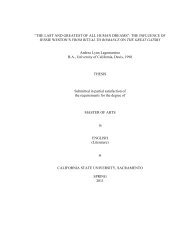national register nomination for boulevard park historic
national register nomination for boulevard park historic
national register nomination for boulevard park historic
Create successful ePaper yourself
Turn your PDF publications into a flip-book with our unique Google optimized e-Paper software.
new construction. By declaring a neighborhood “blighted,” a broad definition that did not<br />
require conditions of dilapidation or extreme poverty, property could be taken <strong>for</strong><br />
redevelopment. Often, “blight” became a way to target neighborhoods that were not<br />
actually slums. Nonwhite and ethnic neighborhoods were identified as the potential sites<br />
of future slums, primarily because of the difference between their current tax valuation<br />
and what the city felt the land should be worth if it was part of the business district.<br />
Because the redevelopment laws did not require that replacement low-cost housing be<br />
provided on redevelopment sites, the sites could be used <strong>for</strong> “high-priced apartment<br />
houses, office buildings, convention centers, and even <strong>park</strong>ing lots.” 26<br />
Fogelson<br />
concludes that these ef<strong>for</strong>ts failed to return downtowns to their previous role as the sole<br />
center of commerce in cities, despite the social cost to urban neighborhoods and the<br />
displacement of communities who lived there.<br />
In Living Downtown, Paul Groth examines the residents of downtowns from a<br />
different perspective than Fogelson.<br />
27<br />
Instead of examining the actions of civic and<br />
business leaders, Groth details the lives of people who lived downtown in a broad<br />
category of housing called residential hotels. He shows how and why people lived<br />
downtown, and how the ef<strong>for</strong>ts of social re<strong>for</strong>mers to better the lives of working people<br />
indirectly caused the destruction of their homes and the depopulation of American cities.<br />
Groth opens the book with a quote from Goethe: “There is nothing more frightening than<br />
active ignorance.” Central to his approach is the idea that the reality of residential hotels<br />
26<br />
Fogelson, Downtown, p. 378<br />
27<br />
Groth, Paul, Living Downtown: The History of Residential Hotels in the United States. Berkeley:<br />
University of Cali<strong>for</strong>nia Press, 1994.<br />
20



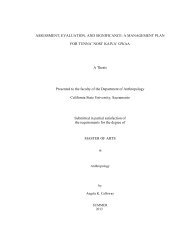
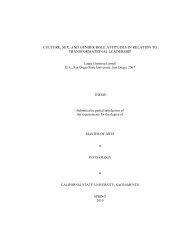
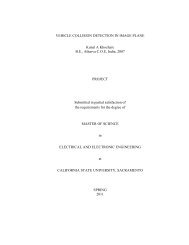
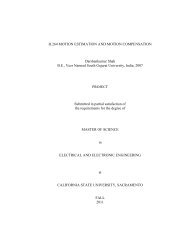
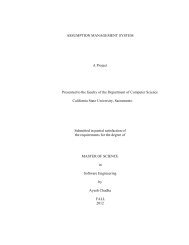
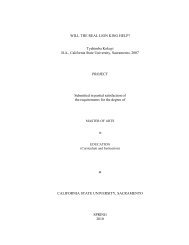
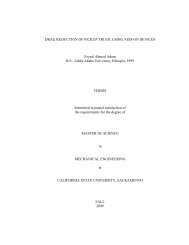
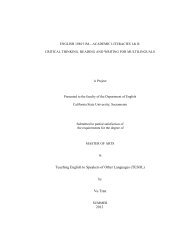
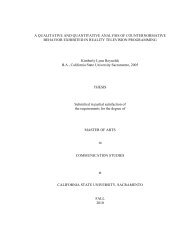
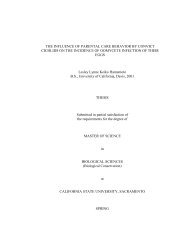
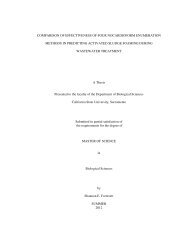
![Completed Thesis to Grad Studies[Final3].pdf](https://img.yumpu.com/17538645/1/190x245/completed-thesis-to-grad-studiesfinal3pdf.jpg?quality=85)
